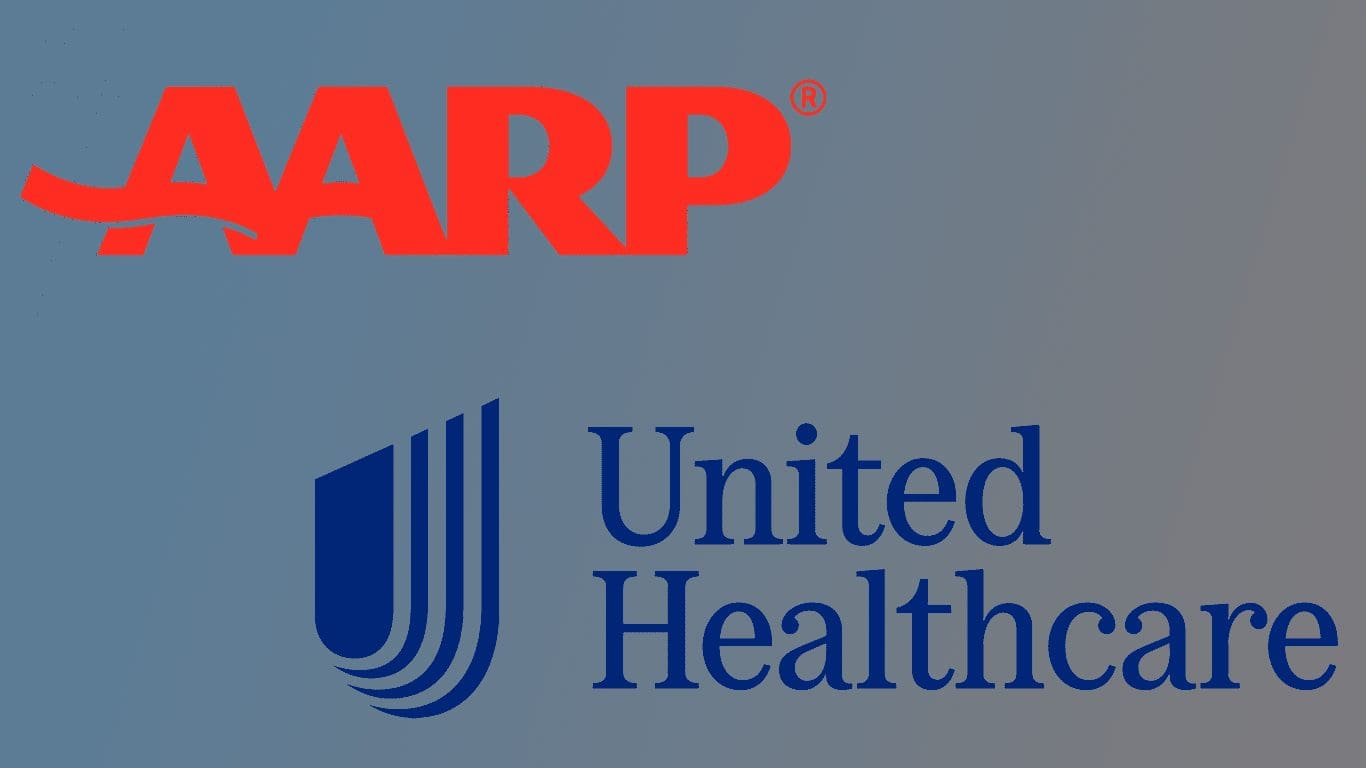The names AARP and UnitedHealthcare have become synonymous to many Medicare beneficiaries. This partnership has existed for over 20 years, so it’s easy to see why the two companies are so closely related.
But why? Why are the two companies working together, and is there a benefit to this relationship? What kinds of plans are they offering their members?
AARP and UnitedHealthcare: A History
AARP is an advocacy group that was founded in 1958 by Ethel Percy Andrus. It is now led by Jo Ann Jenkins and has over 38 million seniors in its membership. Members of the AARP pay dues to enjoy benefits from the company. They have access to educational materials, discounts, and a few other benefits.
UnitedHealthcare was founded in 1977. Since that time, it has become the largest insurance company in the U.S and is currently ranked number seven on the Fortune 500 list. UHC offers insurance plans in all 50 states and around the world.
The two companies began collaborating over 20 years ago. AARP does not necessarily argue that UnitedHealthcare is the right choice for every Medicare beneficiary, but it does proclaim it as a trusted healthcare partner and resource.
Of course, there may be an additional reason other than UHCs good name. UnitedHealthcare pays AARP for the use of its name. The AARP name is attached to many of the Medicare insurance forms and plans. If an individual wants to purchase a UHC policy with the AARP name, they’ll need to first become a member of the AARP. Membership rates are typically around $16 per year. That may not seem like much for many people, but it does add a layer of complexity on top of an already confusing topic.
UHC has become the exclusive insurer of AARP Medicare plans.

Medicare Plans Offered by AARP UnitedHealthcare
Medicare supplements are a popular choice among Medicare beneficiaries. AARP by United Healthcare offers eight Medicare supplement plans across the 50 states. (Some states may not offer all eight plans.)
UHC sells Medicare supplements to Medicare beneficiaries as a way to fill in the “gaps” leftover from Original Medicare (Parts A and B). This is why Medicare supplements are also referred to as Medigap plans. A Medigap plan will greatly reduce an individual’s out-of-pocket expenses when it comes to their healthcare needs.
Some plans offer comprehensive coverage, leaving the Medicare beneficiary with virtually no out-of-pocket expenses for covered services. The type of coverage you have will depend on which one of the eight plans you choose.
In 2018, UnitedHealthcare made up 34% of all the Medicare supplement plans in the United States. It had the largest share of any insurance company in the Medicare market.
Concerns About the AARP and UnitedHealthcare Relationship
The loudest objection to the relationship between AARP and UnitedHealthcare is that the fees collected by AARP from UnitedHealthcare have not been transparent. These claims have been dismissed by the court, but it’s still important for consumers to know why the AARP endorses UnitedHealthcare as their top choice for a Medicare supplement carrier.
There have been other claims against the company, one of which alleged that AARP was paid a commission of 4.95% for each UHC policy sold. While this is not an illegal activity in and of itself, it must be disclosed to the individual purchasing the policy. As of late, no claims against the company have been justified.
United Healthcare is a giant in the insurance company world. Member numbers of both Medicare supplements and Medicare Advantage plans continue to rise each year, and the company continues to expand its network.
UHC offers some great options for Medicare beneficiaries as long as individuals are willing to become an AARP member. You can speak to one of our licensed agents to find out more about these plans and about other insurance carriers who offer Medicare supplement and Advantage plans.








